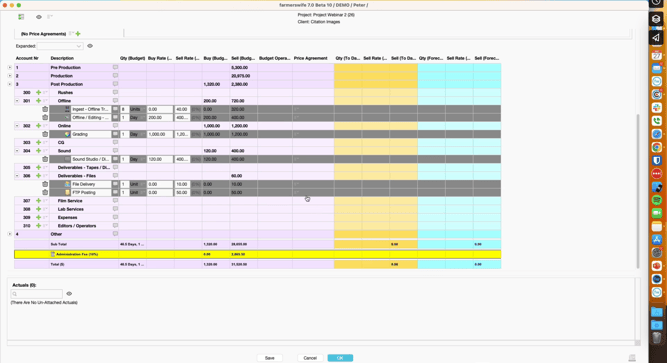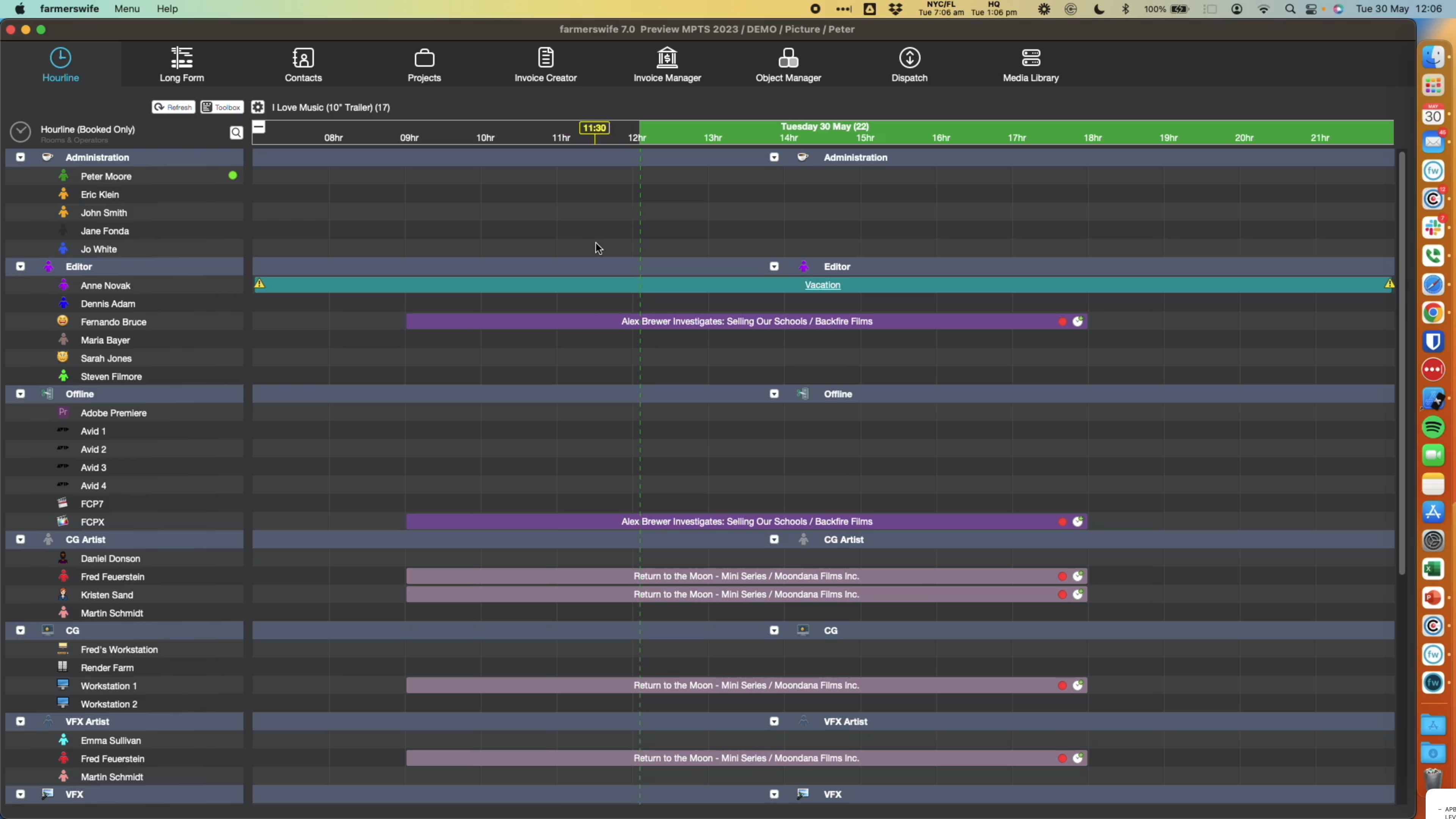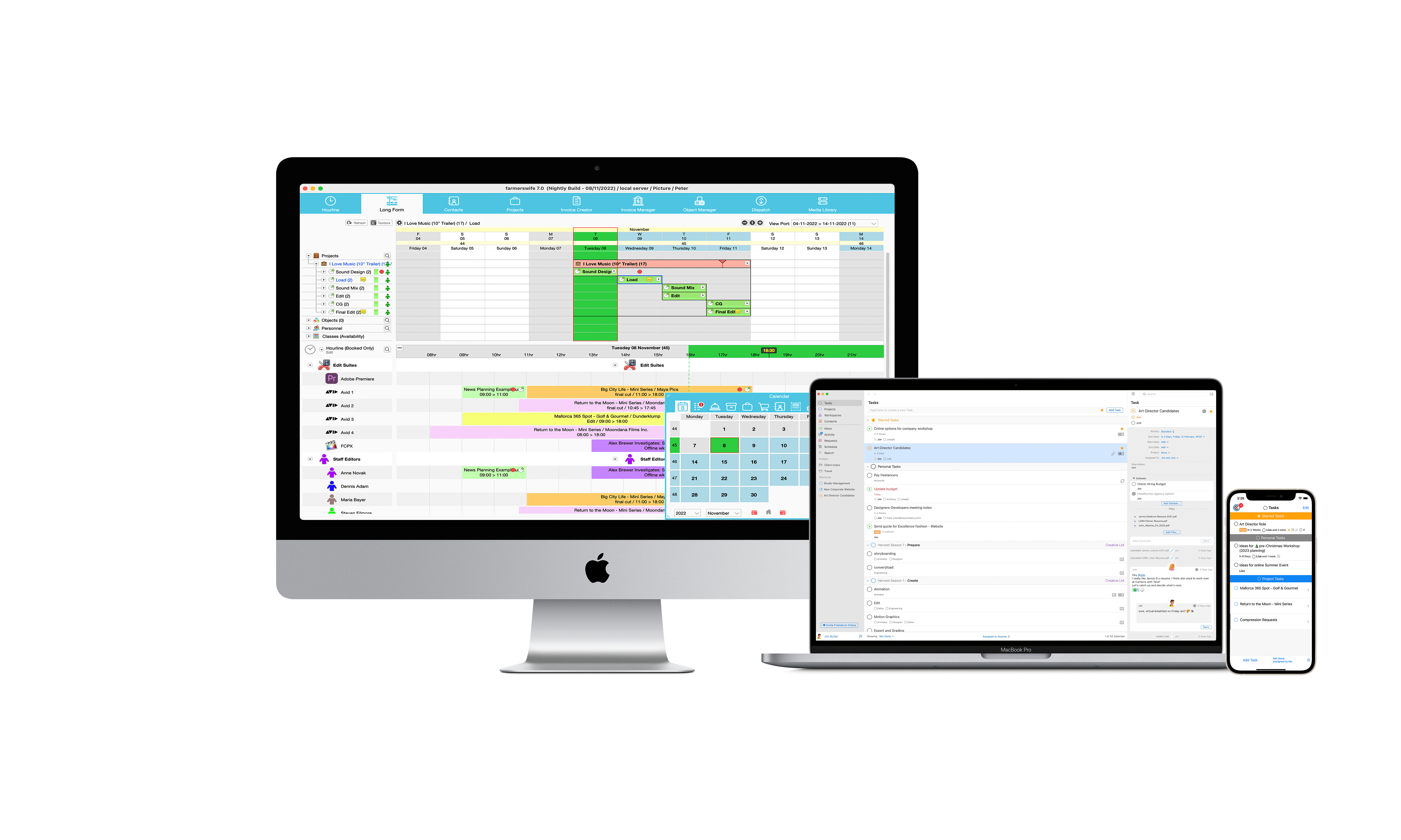Project management principles are essential for the success of any project, regardless of its size or complexity. In this blog, we will explore the fundamental principles and techniques of project management, which will help you to understand the key concepts and practices that are necessary for effective project management. Whether you are a project manager or a team member, these principles and techniques will provide you with a solid foundation for managing projects successfully. Let's dive in!
What are project management principles?
Definition of Project Management Principles
Project management principles refer to fundamental guidelines, concepts, and values that guide the successful planning, execution, and completion of projects. These principles provide a framework for effective project management practices and help project managers and teams achieve their objectives while meeting specific requirements. While different organisations may emphasise on slightly different principles, we will list the 7 core Principles of Project Management that we find very useful.
What are the 7 principles of project management?
-
Clear Goals and Objectives
Projects should have well-defined and measurable objectives that are aligned with the organisation's goals. Clear objectives provide a sense of direction and purpose, helping to focus efforts and make informed decisions throughout the project.
-
Effective Communication
This is vital for project success. Project managers must establish clear lines of communication, encourage collaboration among team members, and facilitate information sharing. Timely and transparent communication helps to build trust, resolve conflicts, and keep stakeholders informed. Using a tool like Cirkus can really help you and your team achieve great communication and collaboration.
-
Teamwork Spirit
A great team is hugely important, your team can help you work through the process and create a successful project.
-
Project Budgeting and scheduling
Effective project budgeting and scheduling require careful planning and management. Understanding why is project management important is critical for effective project budgeting and scheduling which require careful planning and management. By developing a clear budget and schedule, project managers can ensure that their projects are completed on time and within budget, helping to ensure the success of the project and the satisfaction of stakeholders. Using a scheduling software like farmerswife can really facilitate this for you and your team as it will allow you to schedule and create budgets all in one place!

-
Project strategy
A project management strategy provides a clear plan for better teamwork, increasing productivity and efficiency. It helps teams be agile, address project challenges, keep track of what's going on, and reach the project's goals.
-
Risk assessment
Projects are inherently exposed to risks, which may impact timelines, budgets, or quality. Project managers should proactively identify, assess, and prioritise risks, develop mitigation strategies, and monitor them throughout the project. Effective risk management helps minimise negative impacts and capitalise on potential opportunities.
-
Key project management KPIs to measure the success
Project management KPIs (Key Performance Indicators) are critical metrics that help project managers to evaluate the success of their projects and identify areas for improvement. Here are some key project management KPIs that can be used to measure the success of a project:
- Schedule Variance (SV)
- Cost Variance (CV)
- Planned Value (PV)
- Earned Value (EV)
- Cost Performance Index (CPI)
- Schedule Performance Index (SPI)
By tracking these key project management KPIs, project managers can evaluate the success of their projects and make adjustments as needed to ensure that their projects are completed on time, within budget, and to the satisfaction of stakeholders.
These pmp principles provide a foundation for effective project planning, execution, and control. They help project managers and teams navigate challenges, make informed decisions, deliver successful results and improve their project management skills.
Project Management Techniques
Definition of Project Management Techniques
Project management techniques are specific tools, methods, and approaches used by project managers and teams to effectively plan, execute, monitor, control, and close projects. These techniques provide structured and systematic approaches to manage various aspects of a project, such as scope, schedule, resources, risks, and quality. They are applied throughout the project lifecycle to ensure successful project delivery. Here are the 7 best project management techniques for managing workload successfully.
Core 7 Techniques of Project Management
Here are the techniques of project management:
-
WBS (Work Breakdown Structure)
A WBS is a hierarchical decomposition of the project deliverables into smaller, more manageable work packages, tasks, and activities. It provides a visual representation of the project's scope and structure, helping to organise and define the work required to complete the project.
-
Gantt Chart
Gantt charts are graphical representations of project schedules. They use horizontal bars to illustrate project tasks, their durations, dependencies, and milestones. Gantt charts provide a visual timeline of the project's activities, allowing project managers to plan, schedule, and track progress effectively.

-
CPM (Critical Path Method)
The Critical Path Method is a technique used to identify the longest sequence of dependent activities in a project schedule. It determines the critical path, which represents the shortest possible project duration. By identifying critical activities, project managers can focus on managing and controlling these tasks to prevent project delays.
-
Agile Methodology
Agile is an iterative and flexible project management approach that emphasises collaboration, adaptability, and customer involvement. It promotes the delivery of value in short iterations or sprints and encourages continuous feedback, learning, and improvement throughout the project.
-
Project Scheduling Software
Project management software is a tool used by project managers to manage projects. It typically includes features such as task management, scheduling, budgeting, and collaboration tools. Using farmerswife and Cirkus tools you will keep everyone in the loop and meet your projects' needs end to end.

-
Kanban Boards
Kanban boards can be physical boards with sticky notes or whiteboards, or they can be digital tools or software applications that provide additional features like task assignment, due dates, notifications, and integrations with other project management tools. Such as our project management tool Cirkus. Overall, Kanban boards help teams visualise and manage their work, improve workflow efficiency, and promote collaboration and continuous improvement. - Scrum
Scrum provides a flexible and adaptive approach to project management, allowing teams to respond quickly to changing requirements and deliver high-quality products. By emphasising collaboration, transparency, and continuous improvement, Scrum helps teams to work more effectively and efficiently, leading to better outcomes for the project and the stakeholders.
Importance of applying project management techniques and principles
Applying project management techniques and principles is essential for a successful project execution. Here are some reasons why the application of project management techniques and principles is important:
- Project management techniques assist in resource management, such as personnel, materials, and equipment, required for project execution. By optimising resource allocation, projects can be executed efficiently, minimising delays and cost overruns.
- Project management techniques promote the documentation of project plans, processes, and lessons learned. This ensures that valuable knowledge and information are captured for future reference and can be used to improve project performance and efficiency in subsequent projects.
Conclusion
In conclusion, understanding and applying basic principles and techniques of project management is essential for achieving successful outcomes in any endeavour. By adopting a structured approach, project managers can effectively plan, execute, and control projects, ensuring they are completed on time, within budget, and to the satisfaction of stakeholders in the field to continuously improve their project management practices. Do you want to manage projects end-to-end? Book your free demo and learn how farmerswife and Cirkus can help you!